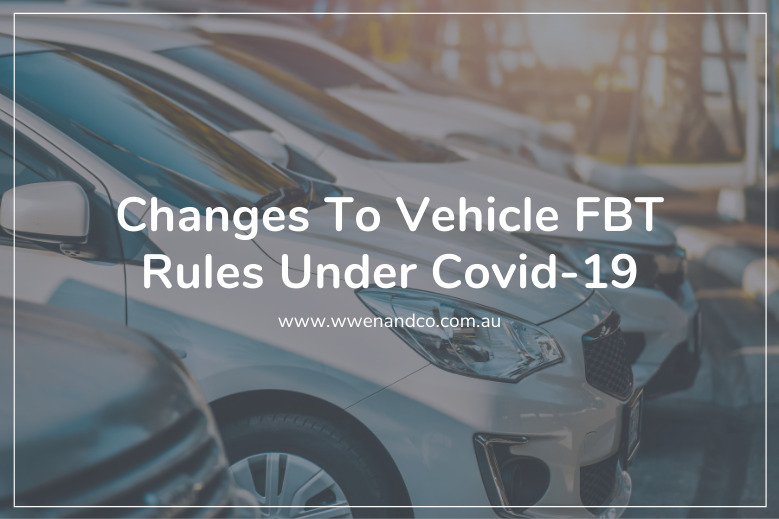Other changes to vehicle FBT rules

The special circumstances that coronavirus has thrown our way look like having some very practical outcomes on certain areas of fringe benefits tax. One of the most prevalent and well-established categories of fringe benefits centres on the provision and use of vehicles.
The parking of a car, for instance, is a benefit that comes with very specific conditions regarding the taxable values that attract FBT.
A work car park closes
If on a particular day, a business’s office is closed due to COVID-19 and therefore the work car park is also closed, the employer will not have provided a car parking benefit as there will be no car space available for use by an employee for more than four hours between 7.00 am and 7.00 pm on that day.
The time during which the work car park is closed will not form part of the availability periods used to calculate the taxable value of a car space under the statutory method.
Nearby commercial parking stations are closed
If all of the commercial parking stations within a one kilometre radius of a business premises are closed on a particular day due to COVID-19, there will be no car parking benefits provided.
Reduced fees at commercial parking stations
If, for example 1 April 2020, the lowest fee charged by all of the commercial parking stations within a one kilometre radius of a business premises for all-day parking was less than $9.15, the employer will not have provided a car parking benefit. For example, this may occur where all of the commercial parking stations have discounted their all-day parking rate due to COVID-19.
However, the reduced fee must not be substantially greater or less than the average of the lowest fee charged by a commercial parking station operator in the four weeks prior to 1 April 2020 or the four weeks after 1 April 2020. The ATO holds that the reduced fee is disregarded for the purpose of determining the lowest fee charged by a nearby commercial parking station if it does not meet this requirement.
Car returned to employer’s business premises
An employer won’t provide a car fringe benefit where a car is not supplied for an employee’s private use or taken to be available for an employee’s private use.
During a period of COVID-19 restrictions, a car that has been provided to an employee is not taken to be available for the employee’s private use if all the following apply:
- The car is returned to the business premises
- The employee cannot gain access to the car
- The employee has relinquished an entitlement to use the car for private purposes
The ATO says some factors that indicate a car is not taken to be available for an employee’s private use during these restrictions include where:
- The employer requests that the car be returned to the business premises
- The employee does not have physical access to the car
- The business consistently enforces a policy that an employee cannot gain access to the car
- If the employee has made a choice to surrender the car, they cannot change that choice and obtain the ability to access the car
- The car is returned to the business premises and the employer applies the car to a different purpose (although a separate car benefit may arise if the car goes to another employee who applies it for private use)
Garaging work cars at an employee’s home
An employer may have been garaging work cars at employees’ homes due to COVID-19. The employer may not have an FBT liability depending on:
- The type of vehicle
- How often the car is driven, and
- The calculation method they choose for car benefits
Log books for business use
A business’s employees’ driving patterns may have changed due to the effects of COVID-19. If an employer uses the operating cost method, they may have an existing log book. They can still rely on this log book to make a reasonable estimate of the business kilometres travelled. They can also choose to keep a new logbook that’s representative of business use throughout the year.

